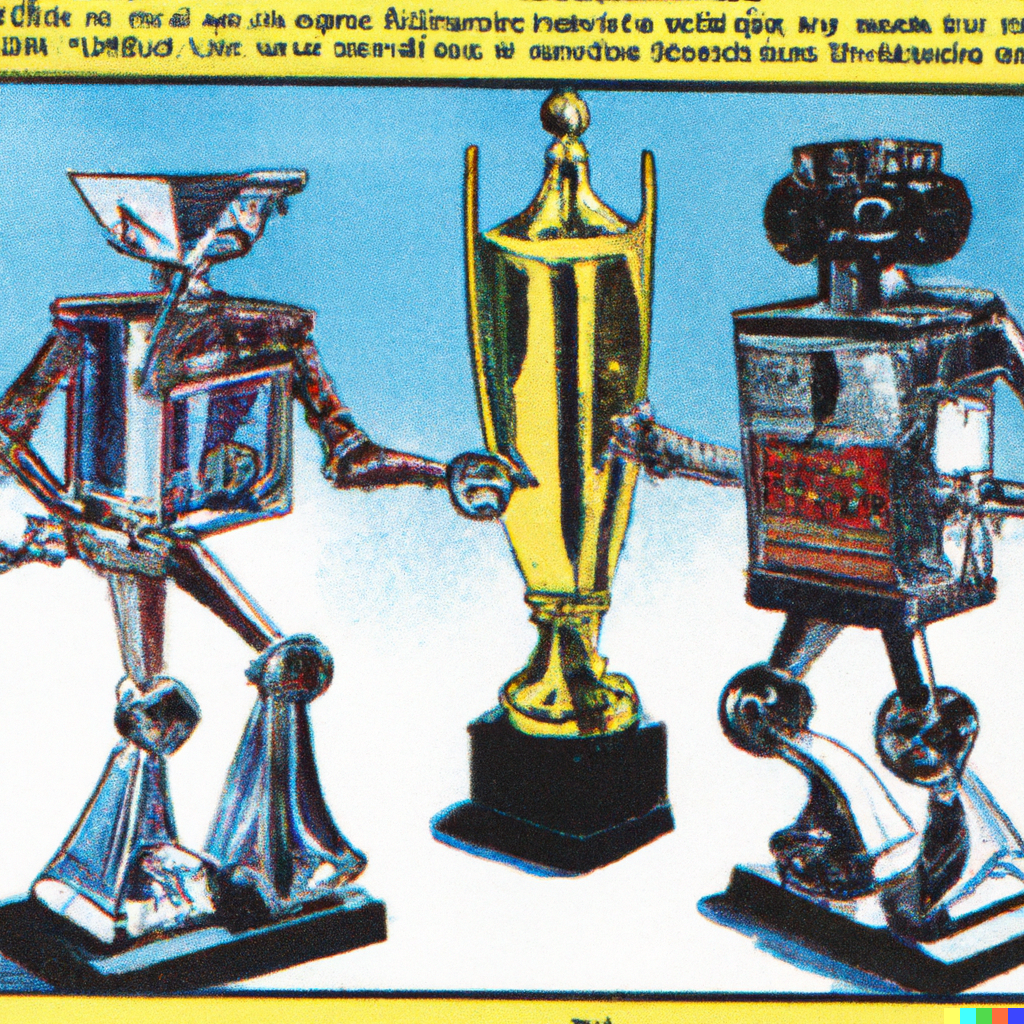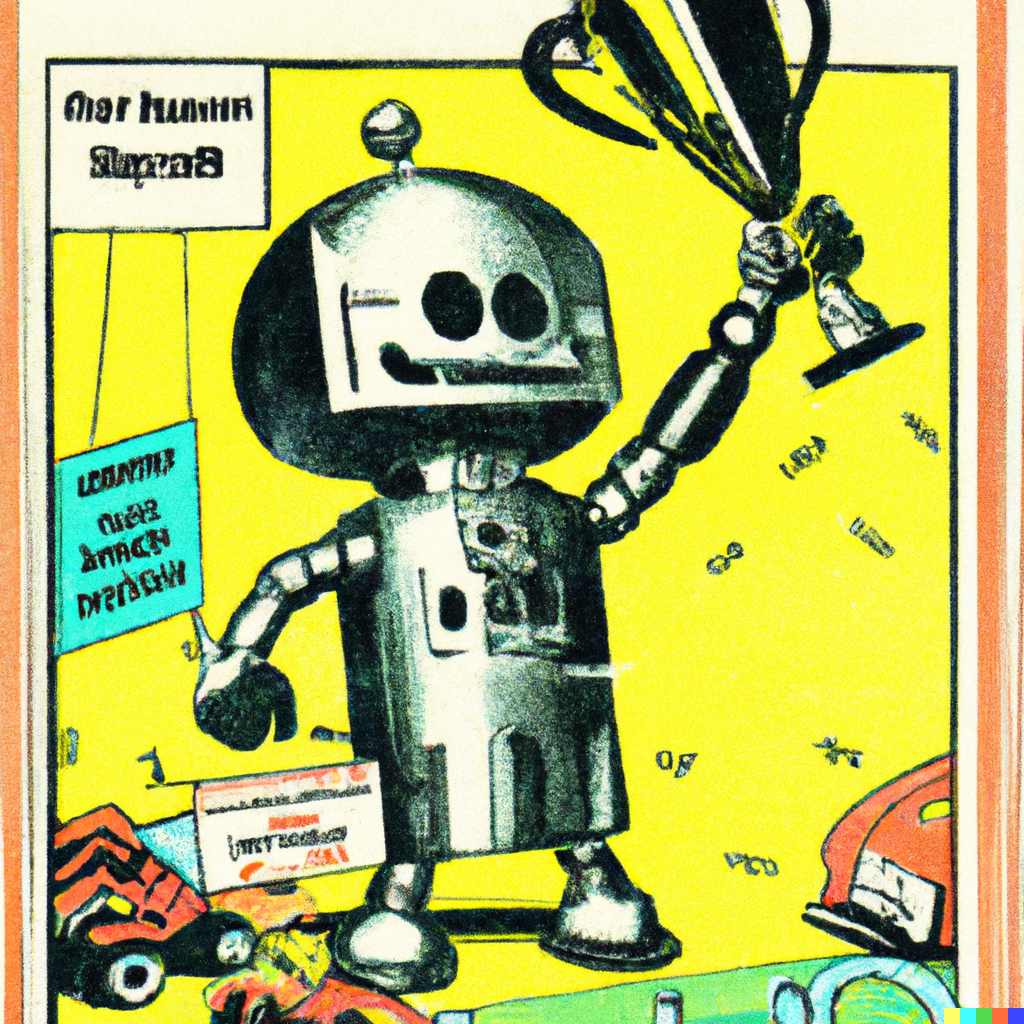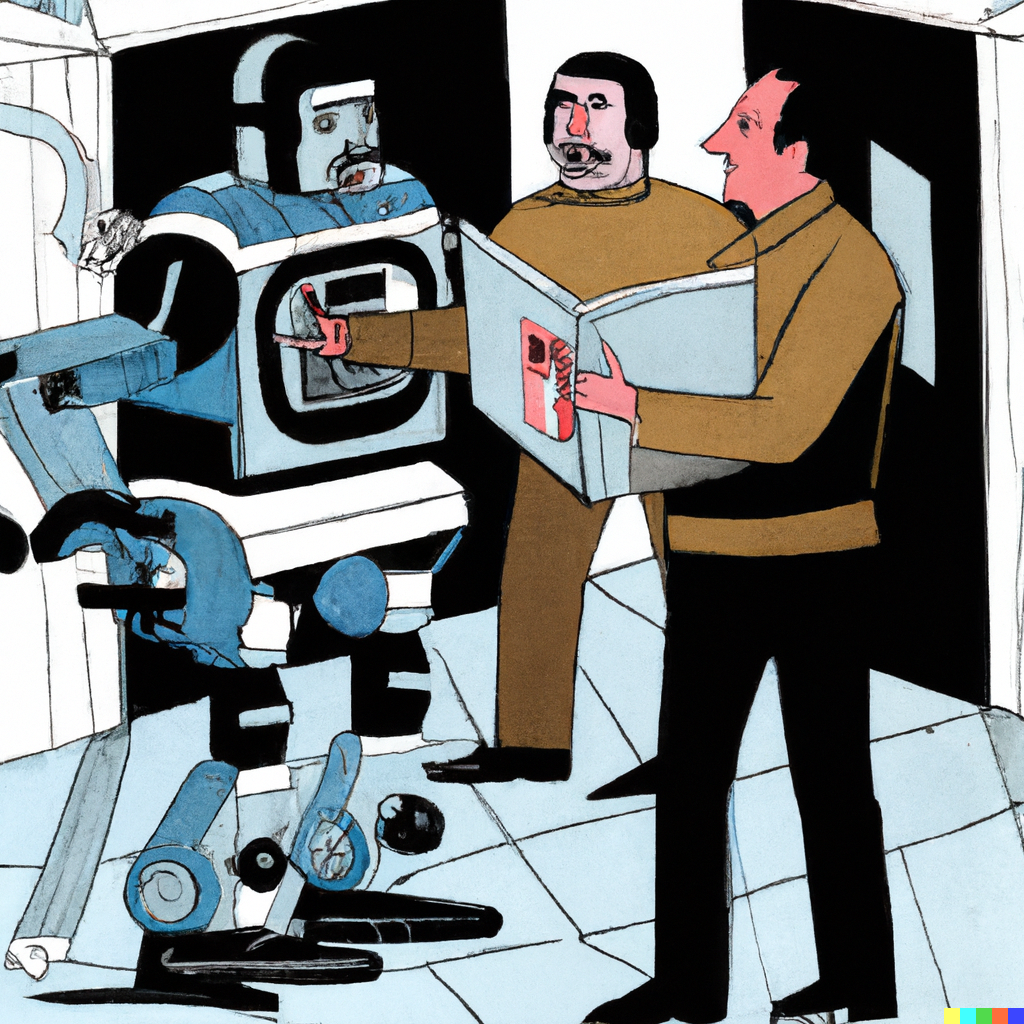WILL TECHNOLOGY MAKE JOBS OBSOLETE?
- October 17, 2022
- 3 min read

The future of work is under threat like never before. With technology becoming more and more advanced, the potential for mass unemployment is very real.
As machines become increasingly sophisticated, they are able to do more tasks that were once considered the domain of humans. This trend is only likely to continue, as artificial intelligence gets smarter and more advanced.

This could have a devastating effect on employment levels, as businesses seek to cut costs by replacing human workers with cheaper, more efficient machines. In the future, we could see huge swathes of the population out of work, as their jobs are taken over by robots.
So what can be done about this? Well, we need to start preparing now for a future in which many people may not have traditional jobs. We need to think about how to provide everybody with a basic income, so that they can still live decent lives even if they don’t have gainful employment.
We also need to invest in education and training, so that people can learn new skills that will be relevant in a world where machines do most of the work. Only by taking these steps can we hope to avoid mass unemployment on a scale that would be truly catastrophic.
There are a number of reasons why technology will make jobs obsolete. The most obvious reason is that technology can automate tasks that previously required human labor. For example, a machine can now harvest crops, sort packages, or drive a truck. This automation can reduce the need for human labor in many industries, making jobs obsolete.

Technology can also improve the efficiency of many tasks, again reducing the need for human labor. For example, new software can optimize routes for delivery drivers, or new machines can faster and more accurately assemble products.
Technology can also allow businesses to scale up their operations more quickly and easily than before. For example, a company can now open an online store with little to no overhead, or quickly add capacity with new machines when demand increases. This flexibility can make traditional workforce models obsolete.
The advancement of technology has led to significant changes in our workforce. In the early days of the Industrial Revolution, technology created jobs for workers in factories who replaced the work that was previously done by hand. However, as technology has progressed, it has increasingly replaced human workers with machines. This has led to a decrease in the demand for workers in many industries, and has made jobs obsolete.
The trend of technology replacing human workers is likely to continue in the future. As technology becomes more advanced, it will continue to take on more tasks that previously required human workers. In addition, the cost of technology is likely to continue to decrease, making it even more affordable for businesses to use it to replace human workers. This will lead to fewer jobs for humans and an increase in unemployment.